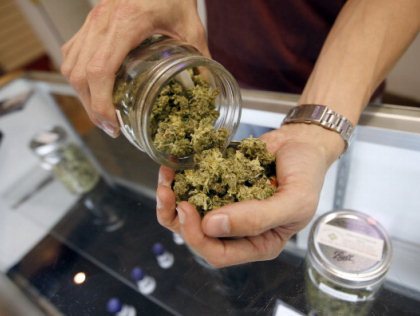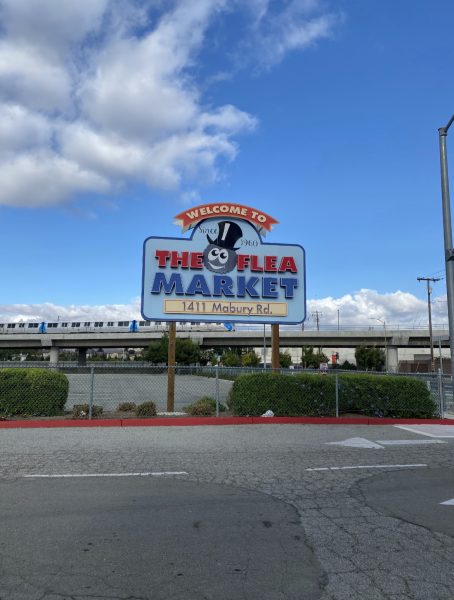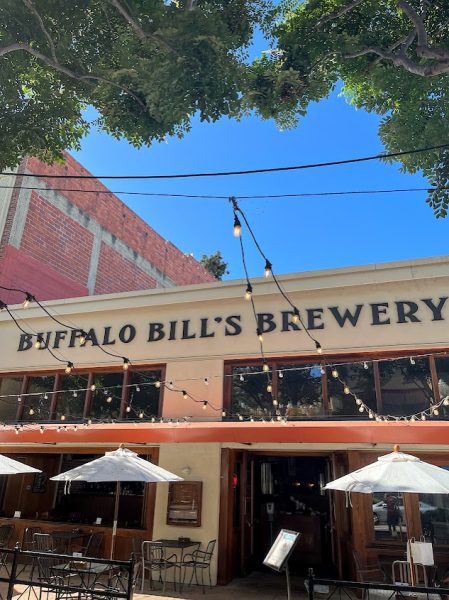Berkeley City Council votes to become sanctuary city for recreational marijuana

On Feb. 13, the Berkeley City Council voted unanimously to become a sanctuary city for marijuana. Berkeley mayor Jesse Arreguin tweeted that night, “We have become what may be the first city in the country to declare ourselves a sanctuary city for cannabis.”
This means that any Berkeley city department or agency cannot use city resources or funds to aid the enforcement of drug laws related to cannabis on a federal level.
California voted in favor of Proposition 64 back in November of 2016. This proposition legalized marijuana for recreational use for adults 21 or older allowing them to carry up to an ounce of weed or grow up to six plants for personal use. However, the proposition did not go into effect until January of 2018.
Berkeley’s move comes in response to Attorney General Jeff Sessions’ decision to rescind a federal stance of non-interference with marijuana-friendly state laws in January. Just days after Proposition 64 became active in California.
During the former administration, federal policy had a hands-off approach to dealing with states that legalized marijuana for medical and recreational use. This also allowed the states to make this decision without federal intervention.
Sessions’ decision shifted the power back to federal law, allowing federal prosecutors across the country to decide on an individual basis on how to deal with the possession, distribution and cultivation of marijuana regardless of local state laws. He stated in a memo in February that he believed that the decision on how to handle marijuana cases should remain under federal law as it was prior to the Obama administration.
“The War on Drugs has cost over $1 trillion dollars and turned the U.S. into a nation of mass incarceration — imprisoning 2 million American citizens,” said Karina Loffee, the director of communications for the mayor of Berkeley. “Worse, the enforcement of marijuana and other drug laws has had a disproportionate impact on people of color. Ending this misguided policy is long overdue.”
According to Loffee, the decision was an extension of a long commitment the City of Berkeley has had to reform marijuana laws. In 1979, voters passed the Berkeley Marijuana Initiative which called for the city government to support all efforts towards the reform of marijuana laws and directed the Berkeley Police Department to give the lowest priority to the enforcement of marijuana laws.
Then in 2008, the city followed that up with declaring Berkeley a sanctuary city for medical marijuana. This included both patients and providers.
California and eight other states including Oregon, Washington, Nevada, Colorado, Alaska, Maine and Massachusetts have legalized marijuana for both medical and recreational use. However, Marijuana is still considered to be a controlled substance under the Controlled Substance Act making it illegal under federal law.
Berkeley’s resolution stated that increased federal enforcement of marijuana would have both social and economic consequence. They also expressed that the uncertainty of potential enforcement may force marijuana-related businesses to close or even move underground which could threaten public safety altogether.
In a Feb. 14 press release, Arreguin said, “Millions of peaceful Americans have been fined, arrested, imprisoned, or otherwise needlessly criminalized and stigmatized, sometimes for life, because of their use of marijuana.”
“I don’t think it will affect business too much, but it is great to know that we have the full support of our city,” said Carl Bolster, CEO of the Green Team, a marijuana dispensary in Berkeley. “In terms of the community I think Berkeley will continue to set the bar for the cannabis industry, and becoming a sanctuary city is just another step in the right direction.”







